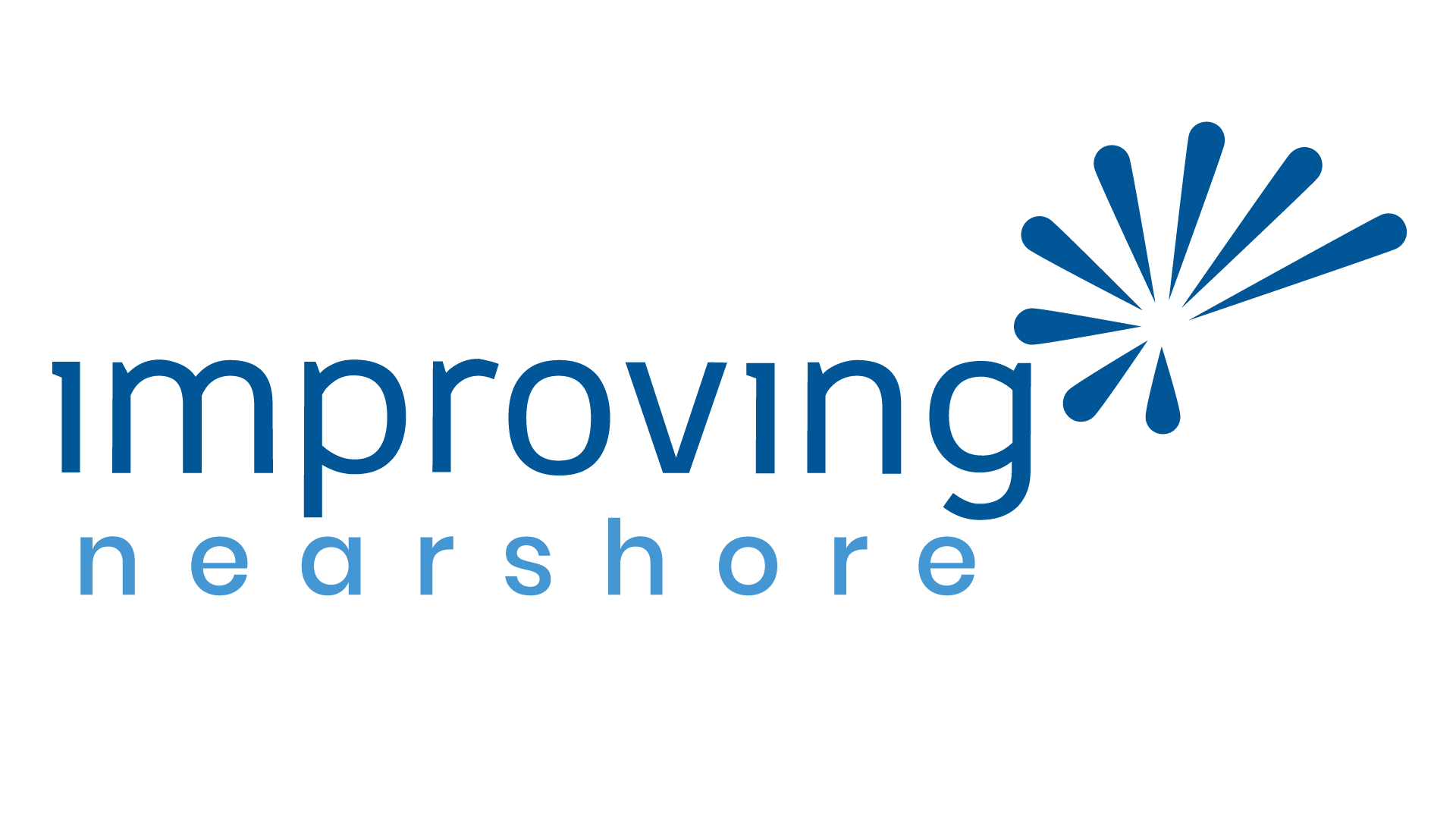7 Tips to Advance Your Career in Software Development
IT, as an industry as a whole, is in no short order considered highly competitive. As IT becomes more and more relevant with each passing year with the steady growing reliance of the world economy and infrastructure on its services, the demand for experienced engineers, technicians, and architects exponentially rises.
The supply of qualified engineers has to meet that demand, with more and more IT graduates popping up every year across North America. As of 2016, it is estimated that there are 21 million professional software developers in the United States. To further supplement that with Nearshore labor pools, there are 223,398 developers in Mexico as of 2018, according to Stack Overflow.
The point here is that you need a way to distinguish yourself from the crowd. Individuality, uniqueness, and a skill set to rival and surpass any peers are good baseline fundamentals, but there’s technique and nuance to consider as well. The first step is to have a plan with a vision of what you want your career to be, with specific and attainable goals, strategies, and tactics that will help you get there.
Tips to Have a Successful Career in iT
So let’s say you start at square one. You polished your resume, typed up a persuasive cover letter, and your efforts nailed you that job you were eying. Now that your foot is in the door, it’s time to start focusing on the long game. Where do you go from here? What’s the best path forward? What can you do to give yourself the utmost advantage while securing a future for yourself in the IT field?
1. Define What Success is For You
The goalposts for what constitutes “success” is a variable that can’t be generalized. No external forces can or should determine when you’ve made it as an individual, that’s a quality that can only exclusively be established by you. There’s no right or wrong answer, just as long as you have a defined vision of what success looks like for you.
You can set your own milestones, deadlines, and pace. If you’re happy and content with your position at each individual milestone you achieve, then you’ve achieved your own personal version of success. The best part is that your life is not set in stone. You may make one definition of success now that may be wildly different in ten years. Even if that does happen, it’s still good to plan for the decades to come and think long-term.
2. Develop and Follow a Plan
Setting a finish line, or a series of finish lines, is the first step, sure. Now you need to map out the path getting there - visualization is key. You should establish short-term goals, deadlines, and draw out a clear route of attainable benchmarks. It’s helpful to create a chart stating where you are now, then expand on that with three future stages in your life: where you are in 5, 10, and 20 years. What’s the job title and position you’d like to achieve by these points in your career?
Staying realistic within the bounds of your abilities helps keep the process grounded. Establishing reasonable, actionable goals will give you something to fight for, structured by a timeline that keeps your accountable. Once you’ve laid out your larger goals, you’ve still got a lot of space in your plan. Break those larger ideas and break them up into smaller goals that can be accomplished through specific tasks. Adding these new checkpoints into your roadmap helps create momentum and a drive to take action.
3. Invest in Your Education
Education is not a concept limited to institutions exclusively. A college degree is helpful, but it’s not the only source of knowledge, making your personal educational growth a thing to take initiative on. IT is constantly evolving, changing, and fluctuating as new technologies, coding languages, techniques, and practices make their predecessors obsolete.
Making a career in IT is all about lifelong learning, making education a strong foundation for career advancement. You need to stay current on overall IT trends or other IT areas of interest. Block out periods in your schedule to dedicate time for courses and training. IT work is a thing that needs to be exercised or else it rusts with age and disuse. Staying on top of your education keeps your technical skills and savvy fresh through practice.
4. Work on Your Soft Skills
Just having the technical know-how isn’t the hard and fast ruling for who lasts long in the industry anymore. More and more employers are looking for that combination of technical and personality skills. How’s your ability to work as a team? The ability to communicate? To get up in front of a room and give a report?
Developing your soft skills is by no measure easier than honing your technical skills. Like apples to oranges, they each come with their own challenges, leaving some people to excel in one area while falling short in another. Your level of comfort with your soft skills is no exception or barrier to your responsibility in developing them.
Take every opportunity to polish those skills, take courses about effective stress management, presentation skills, work ethics, positive attitude, time management, self confidence, flexibility and adaptability, handling of stress, public speaking, teaming, and so on, so forth for a million other skills you have to some handle on. In many ways, you’re just trying to get people to like you. They’ll like you because you’re easy to work with, competent, reliable, and open to communication, all of which derive from your soft skill tree.
5. Surround Yourself With Successful People
Networking is always important. The most effective form of advertising is word of mouth, making people one of your most valuable resources when it comes to growing in your career path. If you want to get better in what you do, and use your network to advance, you must go out and play with those who are more knowledgeable and experienced than you.
Leaning on the experts clarifies what might be an otherwise murky path. Ask for advice, understand how they achieved their goals and how they climbed to where they are today. The more you sample from a variety of experiences, the more data you have to aggregate and apply to your own career path.
6. Choose a Mentor
Taking on a mentor helps serve as an excellent role model in managing your career path, technical and soft skills, and serve as an excellent source of knowledge and advice. Look for profoundly talented and creative people in your specific tech stack that also have great soft skills. Many would be willing to share their experience and knowledge if you ask politely. Ask them if you can act as their understudy and learn how to optimize work directly under them. This will help you improve your craft faster.
7. Communicate With Your Team Leads
As always, remaining transparent and open while clearly communicating with your peers and leaders helps facilitate upward growth. No one can read your mind, which is why you need to speak it in order to be heard and noticed. Be open with your superiors and let them know your career path goals and see how they can help you achieve them. Learn more about your possibilities in your current position.
The myth that your peers and leaders are more likely to sabotage your efforts for advancing in your career is largely perpetrated by cinema and fiction literature. There’s no grand scheme preventing you from attaining success, and the people around you are more than willing to help you become a better worker and person. Taking the initiative in reaching out like this puts you on your team leads’ radar for opportunities to come.
Conclusion
As nice as it would be to passively float along on your career path and advancing through no more merit than your own skills and work ethic, a career is a proactive process. You need to work at it, plan for it, and endeavor to improve all facets of yourself to find the success you’re looking for. Patience and effort pays off, and you’ll find yourself growing in your career path as well as a person.
As for iTexico, an Improving Company, we have some exciting growth news of our own. We have now become part of the Improving family! We’re excited about what this means for our company as a whole, and we’re currently looking for talented individuals in many software development tech stacks who are looking to become a part of Improving. If you want to become part of our team of talent, head over to our careers section to see if there’s a spot open with your name on it.



Post Your Comment Here